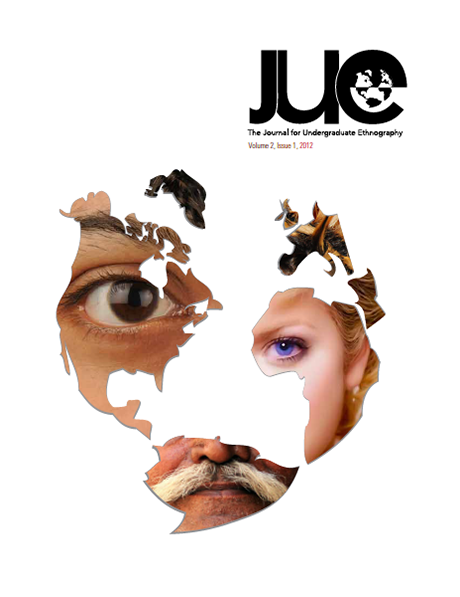The Governmentality of Municipal Politics: Neoliberal Consensus at the Port Moody City Hall
DOI:
https://doi.org/10.15273/jue.v2i1.8118Abstract
My ethnographic research project presents analysis of local municipal council decision-making and discourse in the context of neoliberalism, understood as an ideology and practice privileging efficiency and profit-driven growth over policies of social justice. In the City of Port Moody, I observed processes of consensus-formation at four Council meetings and multiple small committee meetings, and interviewed three Council members and three candidates in the months of October-November 2011, leading up to the Nov. 19th municipal election. I employed content and archival analysis to interpret City-produced meeting minutes and official publications, candidate-produced campaign brochures, and media-produced local newspaper articles, including how campaign photos were visually presented. Discourse at City Hall centered on the role of state planning of infrastructure and services to stimulate economic growth, yet also centered on the need for prudent financial management and fiscal discipline, framing the citizen as tax-payer. The articulation of a ‘smart growth‘ paradigm sought to increase quality of life by synthesizing notions of sustainability and capitalist growth in a legitimate way. Finally, Port Moody‘s adoption of the “City of the Arts” label was associated with the accumulation of cultural capital and the preservation of ‘small town charm,‘ which would lead to tourism and investment, increasing the municipal tax-base of the City.


